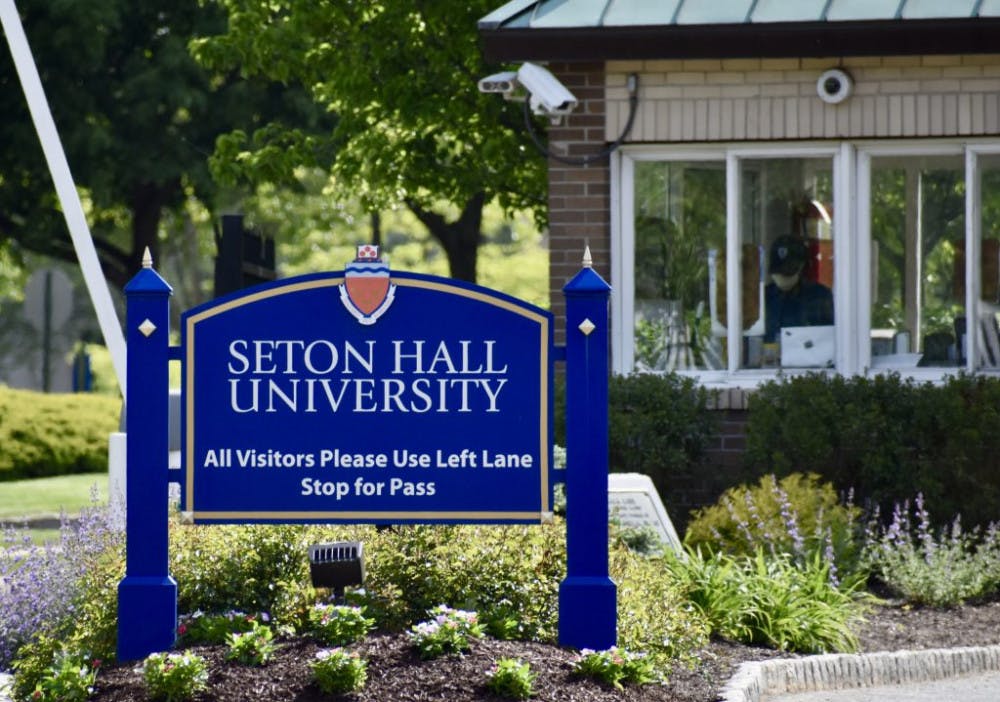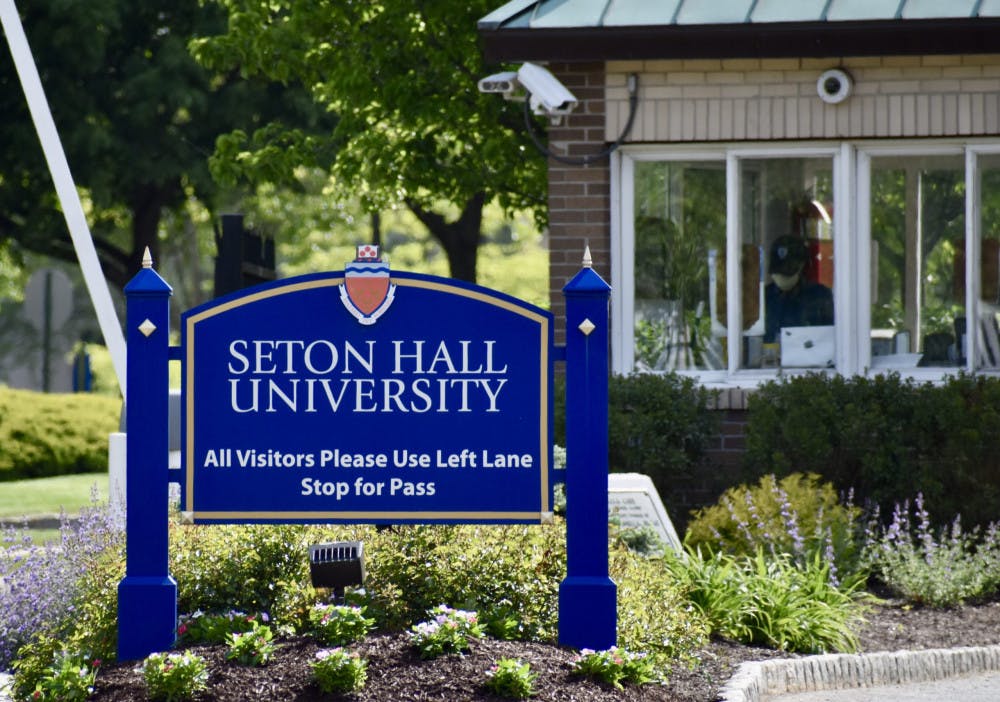Seton Hall President Joseph Nyre announced that the University plans to reopen its doors to in-person instruction for the fall 2020 semester using a “hybrid flexible” plan which will give students the option to attend classes either in-person or remotely. The plan makes Seton Hall one of the first colleges in New Jersey to announce a definitive reopening plan.
According to the schedule laid out by the University, the academic year will commence on Aug. 24 and will proceed without a fall break until Nov. 24 – prior to Thanksgiving break – to allow students to return home for the end of the semester. After Nov. 30, final review sessions, reading day and final exams are scheduled to take place remotely.

“This schedule reduces cyclical risks of virus spread during colder months,” said University Spokesperson Laurie Pine and will allow Seton Hall to avoid the possibility of students, faculty and staff contracting the virus as a result of traveling for the usual fall and Thanksgiving breaks and potentially spreading the virus on campus.
“Work is underway to modify campus environments, including academic buildings, dining spaces and residence halls, to support physical distancing and uphold health protocols,” Pine said. “Residence hall rooms will reopen with reduced density and specialized cleaning procedures.”
Currently, it is unclear how many students will be allowed to live in the residence halls on campus or how many students will be able to engage in in-person lectures.
According to the University, additional classroom technology will be installed over the summer in order to accommodate the hybrid flexible teaching model and will be supplemented by training for faculty, also set to take place over the summer.
The reopening plan comes with an important caveat, though, with Nyre noting that an “unexpected, severe outbreak of COVID-19 remains a possibility” and instruction may have to move entirely online in that instance.
“Our faculty and staff will be prepared to move instruction entirely online at a moment's notice should this become necessary, and to provide remote learning throughout the semester to students who may be in isolation, quarantine, or simply prefer to receive instruction away from campus,” Nyre said in his email to the University community.
According to Dr. Robert Kelchen, an associate professor of higher education at Seton Hall, despite Seton Hall's announcement, reopening is not entirely up to the University.
“This is what the University would like to do in a reasonable best case scenario it seems,” said Kelchen, who noted that college reopenings will be based around whether or not governors lifts the constraints on the number of people who can congregate – something New Jersey Governor Phil Murphy has not yet announced he will do.
“I think it's reasonable to say what you would like to do, but ultimately it's hard to commit to dates when the governor has banned colleges from being open.”
According to the University, the plan laid out will include strategies to use COVID-19 testing and contact tracing on-campus to bolster health security, something Nyre called on the state to assist higher education institutions with before the New Jersey State Senate on Tuesday, though its currently unclear how these strategies would be implemented.
“I think they'll probably need help,” Klechen said. “It's unclear right now if colleges can get enough testing supplies and also what that would cost them.”
It is unclear why Seton Hall made the decision to announce its reopening plans so early while other New Jersey colleges have opted to hold off. Princeton University, the largest private university in the State of New Jersey, announced earlier this month that it would wait to make a decision on reopening until July.
“We do not yet know enough about the path of this pandemic, and the medical response to it, to determine whether that [a return in the fall] is possible. For example, we do not know whether quick and accurate testing for the virus will be available in the fall,” Princeton University President Chris Eisgruber said in a statement announcing the school’s decision, citing numerous uncertainties around vaccines and possible anti-viral remedies.
“We will undoubtedly learn more about the course of the pandemic, and about the techniques available to combat it, over the next two months,” Eisgruber said. “For that reason, Princeton will wait until early July before deciding whether our undergraduate teaching program will be online or residential in the fall term.”
Other colleges around the country have announced similar plans to Seton Hall’s, while others have opted to go remote entirely. The University of South Carolina announced on Sunday that it too would reopen in-person instruction in August without a fall break while also expanding online course offerings to accommodate those who want distance learning. The University will also pivot to distance learning following their planned Thanksgiving break.
“It is something that colleges around the country have been doing,” Kelchen said. “Colleges are concerned about whether students will return to campus or come for the first time in the fall. Even if a college is concerned about being able to reopen in-person, if they say that then they may lose students to another college even when ultimately most colleges are going to have fall semesters that look pretty similar.”
“While we recognize the challenges of reopening on campus, we know they are ones we can address and overcome,” Nyre said in a press release. “We remain in contact with state and local officials as Seton Hall works toward returning to full operations on all our campuses. We are working hard and will promote an environment that is as safe and healthy as possible.”
This is a breaking news story. Check back later for updates.
Nicholas Kerr can be reached at nicholas.kerr@student.shu.edu. Find him on Twitter @nickdotkerr.





